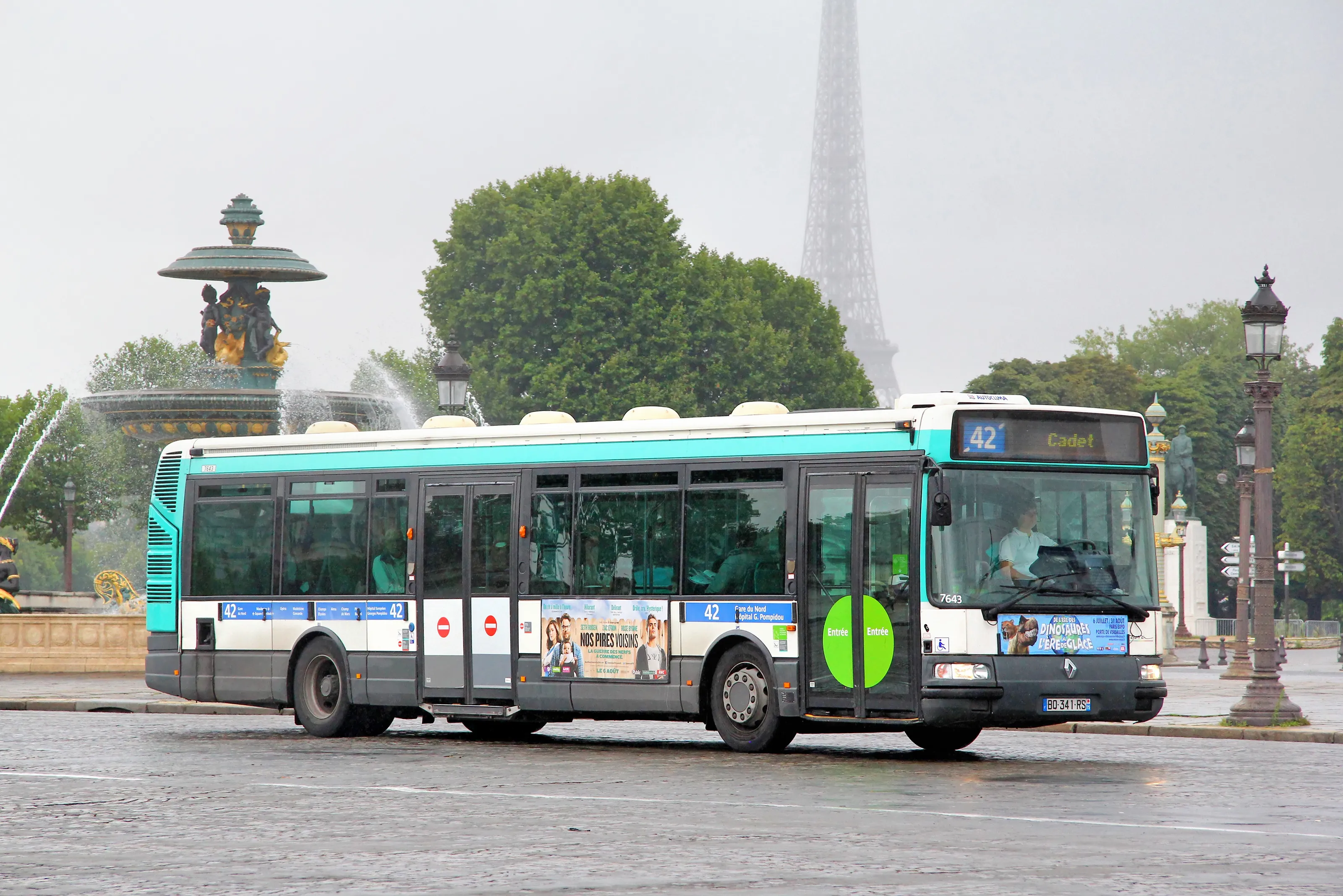
Conduent Transportation is working with Flowbird to upgrade all bus and tram on-board ticketing platforms in Île-de-France, the French region which has Paris at its centre.
Its population is approximately 12 million, who take about nine million trips every day on public transport.
As part of the 10-year contract, Conduent and Flowbird will design, install and maintain the driver consoles, ticket validators, central units and communication devices on board the region’s public transit vehicles.
The new on-board ticketing platform is based on IT for public transport specifications for open architecture, data and interoperability between IT systems, public transport and other mobility services.
Comutitres, which is responsible for ticket management for public (RATP, SNCF) and private (Optile) transport on behalf of Île-de-France Mobilités, appointed the companies.
“The modernisation of the Île-de-France ticketing system is continuing," says Laurent Probst, managing director of Île-de-France Mobilités.
Flowbird CEO Bertrand Barthelemy adds: “More than ever, solutions that encourage modal shift to public transport and optimise the management of urban spaces are at the heart of the needs of city dwellers. The choice of Comutitres to implement open and interoperable technologies fully attests to this.”









